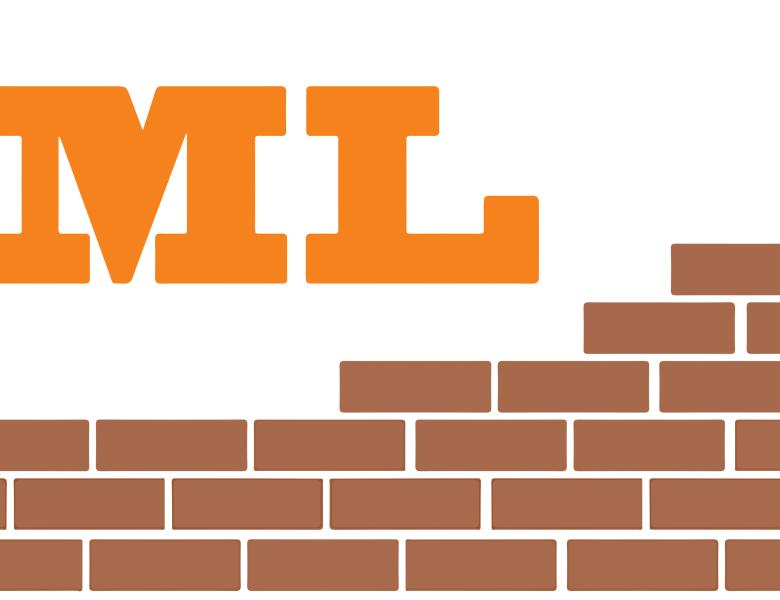
Robust Learning and Inference
We consider the case that some of the attributes may be adversarially corrupted or missing. We limit the adversarial corruption to a finite set of modification rules, and we model it as a zero-sum game between an adversary, who selects a modification rule, and a predictor, who wants to accurately predict the state of nature. We consider a learning setting where the predictor receives a set of uncorrupted inputs and their classification. The predictor needs to select a hypothesis, from a known set of hypotheses, and is latter tested on inputs which the adversary might corrupts. We show how to utilize an ERM oracle to derive a near optimal predictor strategy, namely, picking a hypothesis that minimizes the error on the corrupted test inputs. We will also briefly mention the results for the inference model. In the inference setting the predictor has access to the joint uncorrupted distribution, and needs to build a predictor for adversarially corrupted inputs.
Based on joint works with Uriel Feige, Aviad Rubinstein, Robert Schapira, Moshe Tennenholtz, Shai Vardi.
All scheduled dates:
Upcoming
No Upcoming activities yet


